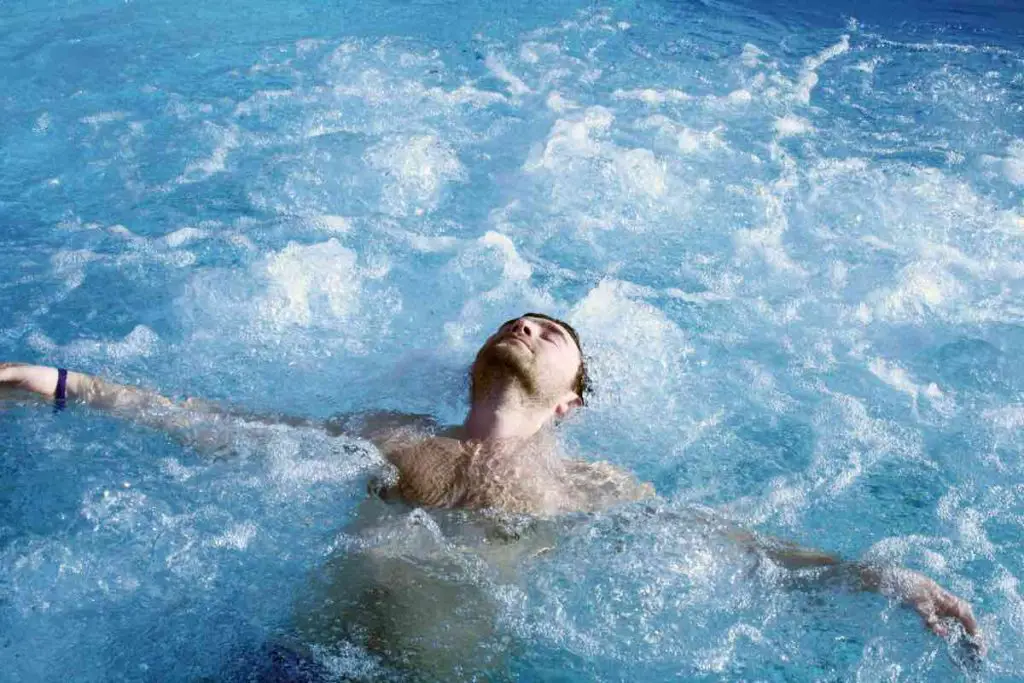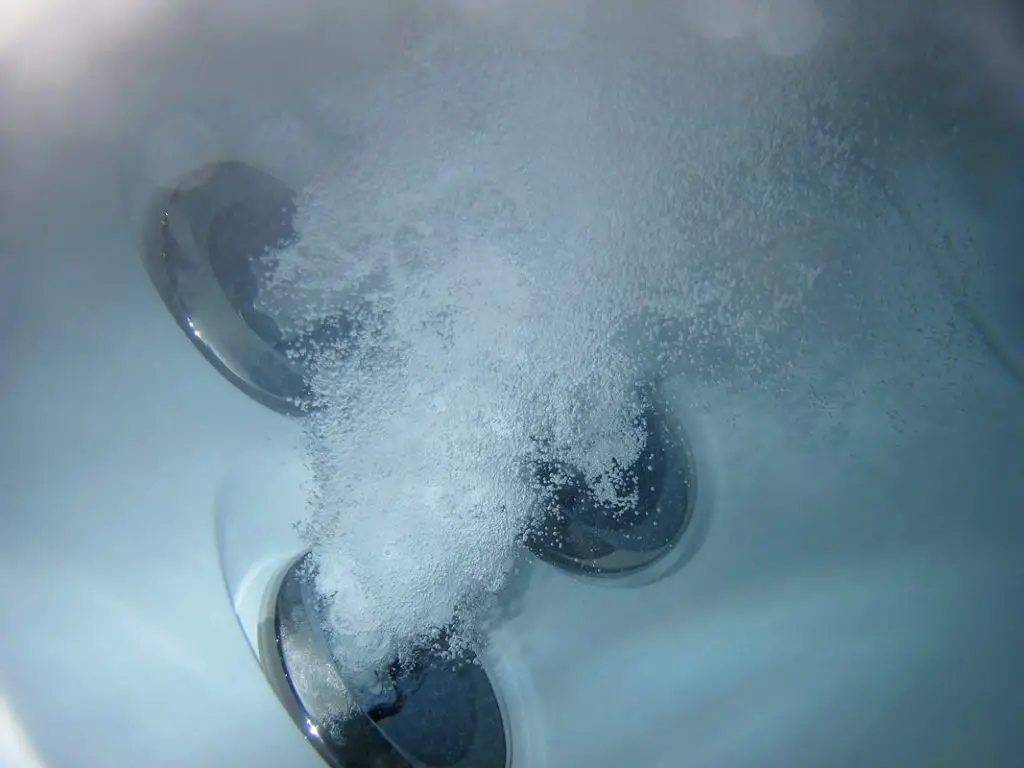Pool heaters come in various sizes, and nobody wants an undersized heating system. If you don’t have enough BTUs coming from the heater, your pool will take far too long to warm up. On the other hand, getting an oversized pool heater will expedite the process and make your pool as warm as possible. But is it worth it?
It’s okay to oversize your pool heater if you want to heat it faster. You should get an oversized pool heater if you have a pool and spa combo. Keep in mind that oversized heaters are more expensive upfront and have higher operating costs. They also typically take up more room on the equipment pad.
Throughout this article, we’ll explain what happens when you get an oversized pool heater, whether or not you should get one, and what size heater is ideal for your swimming pool.

Can You Get an Oversized Pool Heater?
You can get an oversized pool heater if you want to heat your pool faster and maintain a higher temperature easier. There’s usually nothing wrong with getting an oversized pool heater other than the increased expenses. Large pool heaters often take up more space but provide exponentially more heat throughout the year.
Pool Buyer Advice suggests ensuring you have enough amps on the breaker. Other than that, you only need to worry about the increased operational costs. Running an oversized pool heater can save you more money than using an undersized model. It’ll always be at the right temperature rather than constantly burning fuel to catch up.
If you want to save on expenses, you should also consider when to turn your heater on. I’ve written about this topic in another article. [Is It Cheaper to Leave a Pool Heater on All the Time?]
Oversized pool heaters aren’t for everyone, though. Let’s dive into the details to help you find out if you should upgrade your heater in the following section.
Should You Get a Bigger Pool Heater Than You Need?
There are several things to consider if you’re thinking about getting an oversized pool heater. If you dive head first, you might spend more than you intended. The good news is that you’ll get a lot of bang for your buck with a large swimming pool heater. But how do you know if the trade-off is worth it?
Here’s a list of considerations before oversizing your pool heater:
- Do you have a spa attached to the swimming pool? If you have a spa with your pool, you’ll have to go a bit higher than whatever your pool is rated for. Spas require more heat per square foot than swimming pools because they’re often 20 to 30 degrees warmer. Furthermore, they evaporate quicker and require more fresh water.
- Does anything else heat the swimming pool? If you have a solar cover, solar balls, a liquid solar blanket, or anything else warming the pool, you might not need to go too much bigger than the recommended size. However, it’s always better to have an oversized pool heater than an undersized one.
- What are the utility costs in your area? You can choose between electric heaters and gas-powered heaters. If you want an oversized pool heater, make sure you know which one is more efficient when compared to the local utility costs. Surprisingly, gas-powered pool heaters are often more efficient at higher temperatures.
- When do you use the pool? If you swim during the night or during the colder months of the year, you’ll likely need an oversized pool heater. However, those who only swim during the heat of the summer can stick to the regular size or go 50K BTUs over the recommended range.
- What materials is your pool made of? According to Sun Valley Pool Service, your pool’s materials directly affect how much heat the pool retains. For example, vinyl pools are often thin and lack insulation. They’ll need bigger heaters to accommodate the heat loss. On the other hand, plaster pools are quite insulated and hold heat very well.
How Big of a Swimming Pool Heater Do You Need?
You need a pool heater that’s one-third the size of your pool’s surface area. For example, if you have a 16 x 32 pool, you’d need a minimum of 171K BTUs.
Here’s the math: 16 multiplied by 32 equals 512. 512 divided by 3 equals 170.66 (rounded to 171K).
However, Pool Research recommends increasing that number by 30% if you have a connected spa. Although spas are much smaller than most swimming pools, they require a lot more heat. You’d be surprised by how much more energy heating a spa can be compared to warming a swimming pool during the summer.
That being said, these two factors could influence what size heater your pool needs:
- If you want to heat your pool faster, you could go between 50K to 200K BTU higher than the aforementioned equation. Getting a larger pool heater will cost more money to operate, but you’ll enjoy quicker heating. You could shave several hours off the average heating time for your swimming pool.
- If you have a solar heating system, you don’t need to oversize your pool heater too much during the summer. Built-in solar heating systems run the pool water through a series of pipes after the pump and filter. They naturally heat the pool, so you can stick with a normal heater size if you want to save money.
Quick Note: Almost all residential pool heaters can only go to 104 degrees Fahrenheit (40 degrees Celsius) due to federal regulations. A bigger pool heater will raise the water temperature faster and maintain it much easier, but it won’t have higher settings than a smaller one. However, getting an undersized heater means the pool might never reach the maximum temperature.

Final Thoughts
Getting a bigger pool heater will cost more in the long run, but you’ll heat your pool much faster. You’ll also be able to maintain a higher water temperature without having to run the heater at its highest setting. It’s up to you to decide if the cost is worth the numerous benefits mentioned above.
